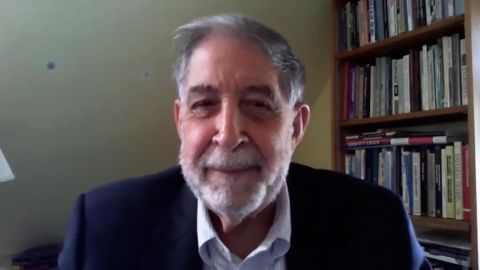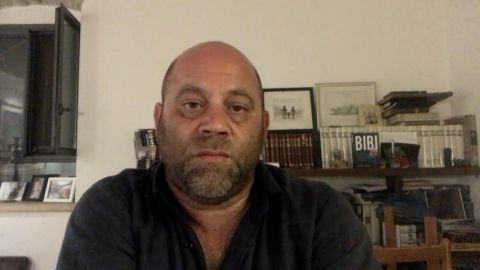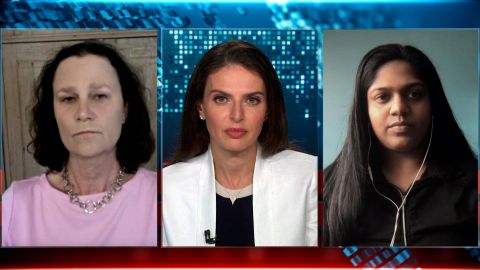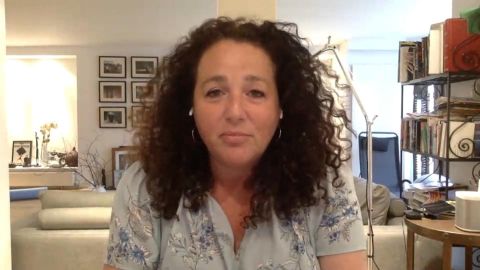Read Transcript EXPAND
BIANA GOLODRYGA: And these are things that we haven’t heard much about from athletes. We know when they take time off because they may have some aches and injuries, sports injuries to their bodies, right, but for their mental, state and mental injuries. We don’t talk nearly enough about that. Should we? Should depression and bouts with struggles with depression be right up there with a hamstring pull?
PAM SHRIVER, FORMER PROFESSIONAL TENNIS PLAYER: Absolutely. I think that’s going to be one of the positive silver linings coming out of this debacle, is that mental health and some of the struggles, whether it’s depression, anxiety, or OCD, any of the conditions that can come forward and be triggered and be made worse, that the athlete, that the teams around the athletes, the WTA Tour, the majors, we have to look at that. Just as you say, it’s not that different from a physical injury, and it takes time to recover. And you can’t race back into the arena until you’re healthy again. So it’s going to be interesting to see when Osaka decides that she’s healthy again and ready to play.
GOLODRYGA: What is your message, Pam, to Naomi?
SHRIVER: Oh, my message is part of the wording she did in her statement the other day when she withdrew, which is to really understand self-care. And in a complicated time during a global pandemic, where her home country is about to host the Olympic Games, and she’s the highest paid female athlete, I mean, she really needs to take care of not just her physical self, but all of herself and have a team around her that helps that self- care take place.
GOLODRYGA: Kavitha, do you see this as a game-changing moment, seeing as so many of her sponsors have come out in full support of her? We have seen more athletes come out in support of her as well? Is this a game-changing moment in women’s tennis?
KAVITHA DAVIDSON, “THE ATHLETIC”: I do think so. And I think that this is also a continuation of a conversation that we have been having, that athletes have been having for at least a year now, where they’re more comfortable talking about their own struggles with mental health. And there’s — there are all of these notions about playing through pain, playing through physical pain, without acknowledging the emotional and mental pain so many of these athletes are going through. And especially in tennis, which is such an isolating, individual sport, I really do think that this is a conversation that Naomi Osaka has started that we’re going to be having for a very long time.
About This Episode EXPAND
Anshel Pfeffer; Pam Shriver; Kavitha Davidson; Mickey Edwards; Danielle Peck
LEARN MORE



